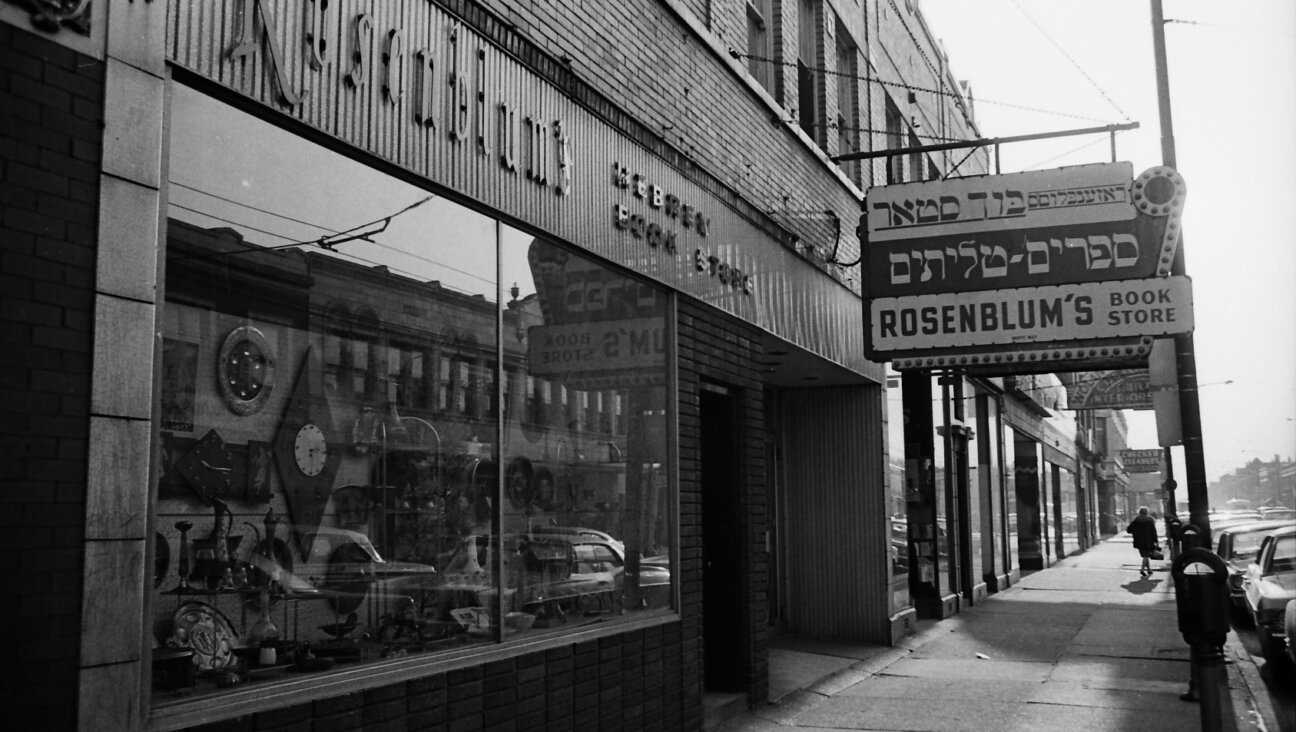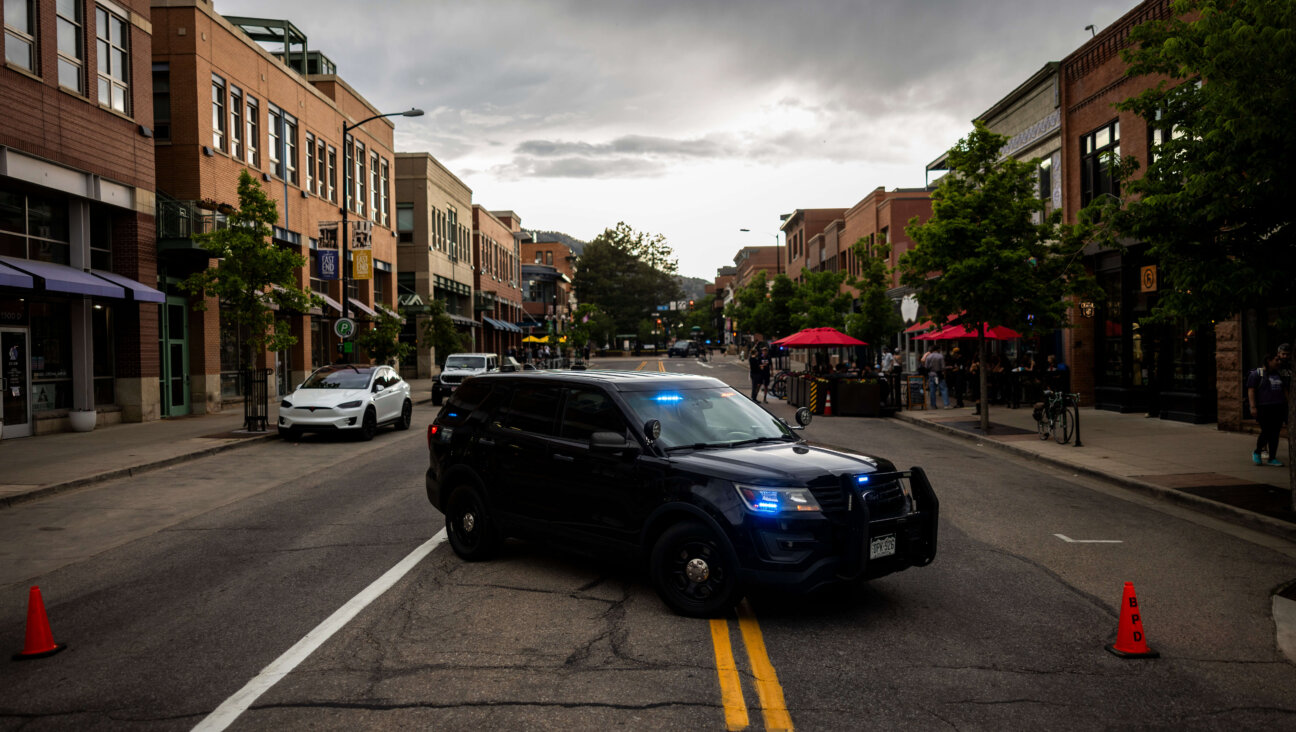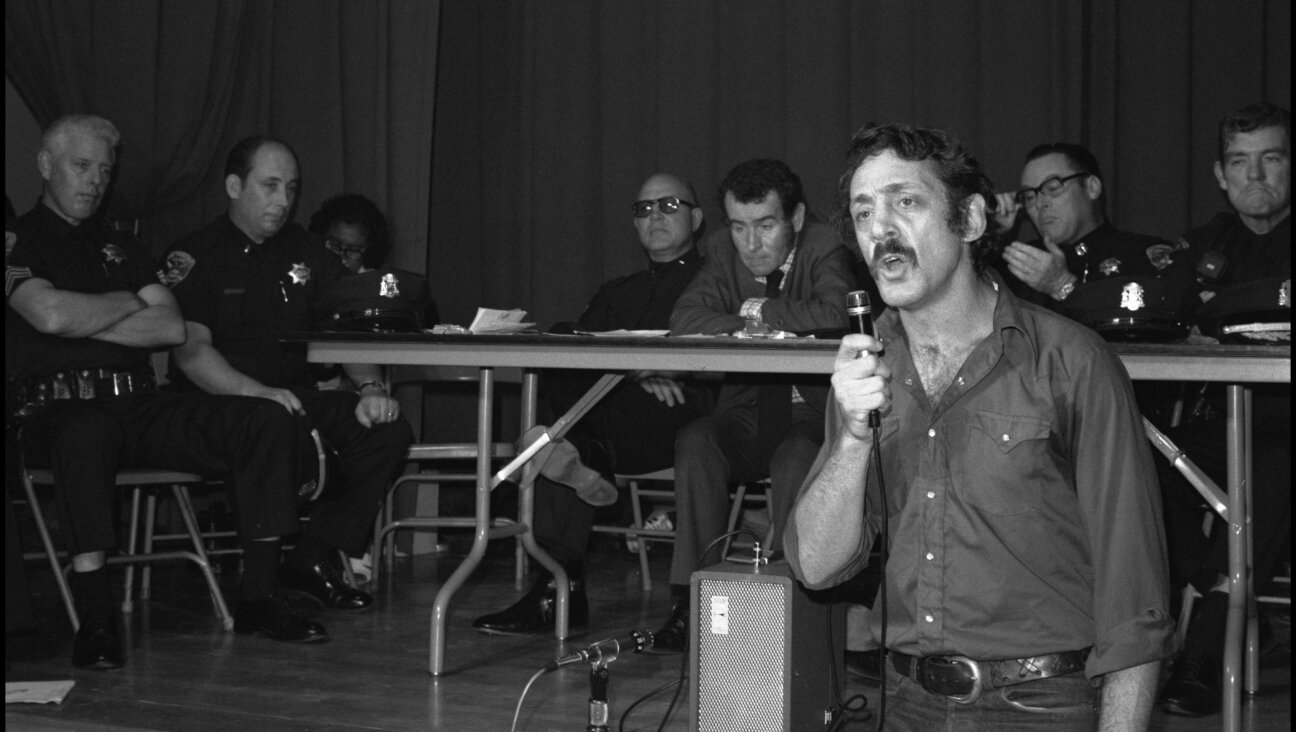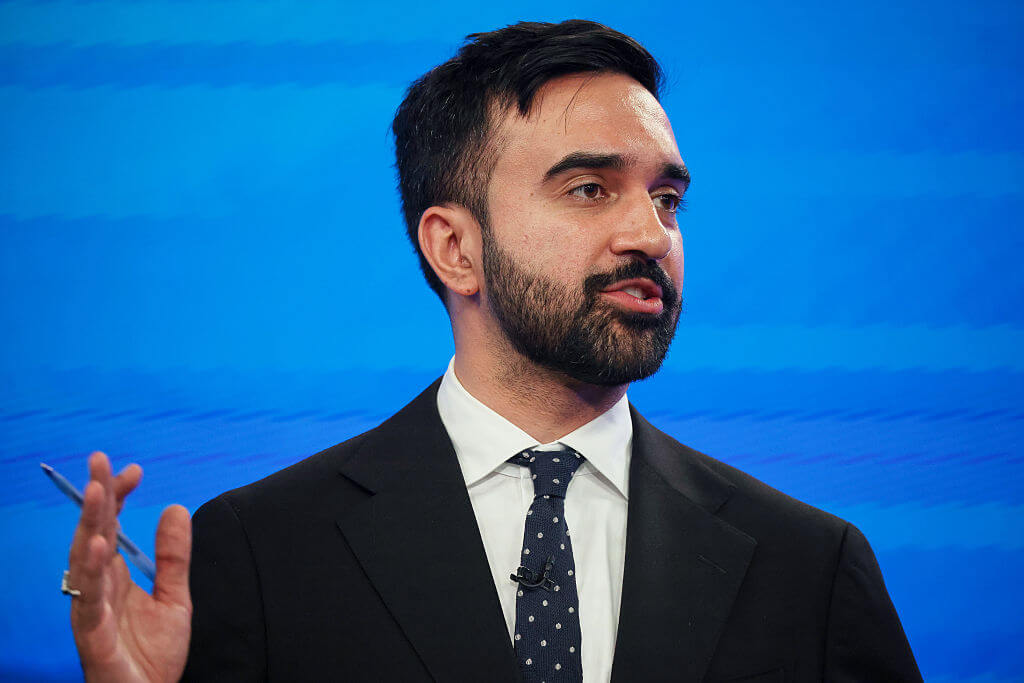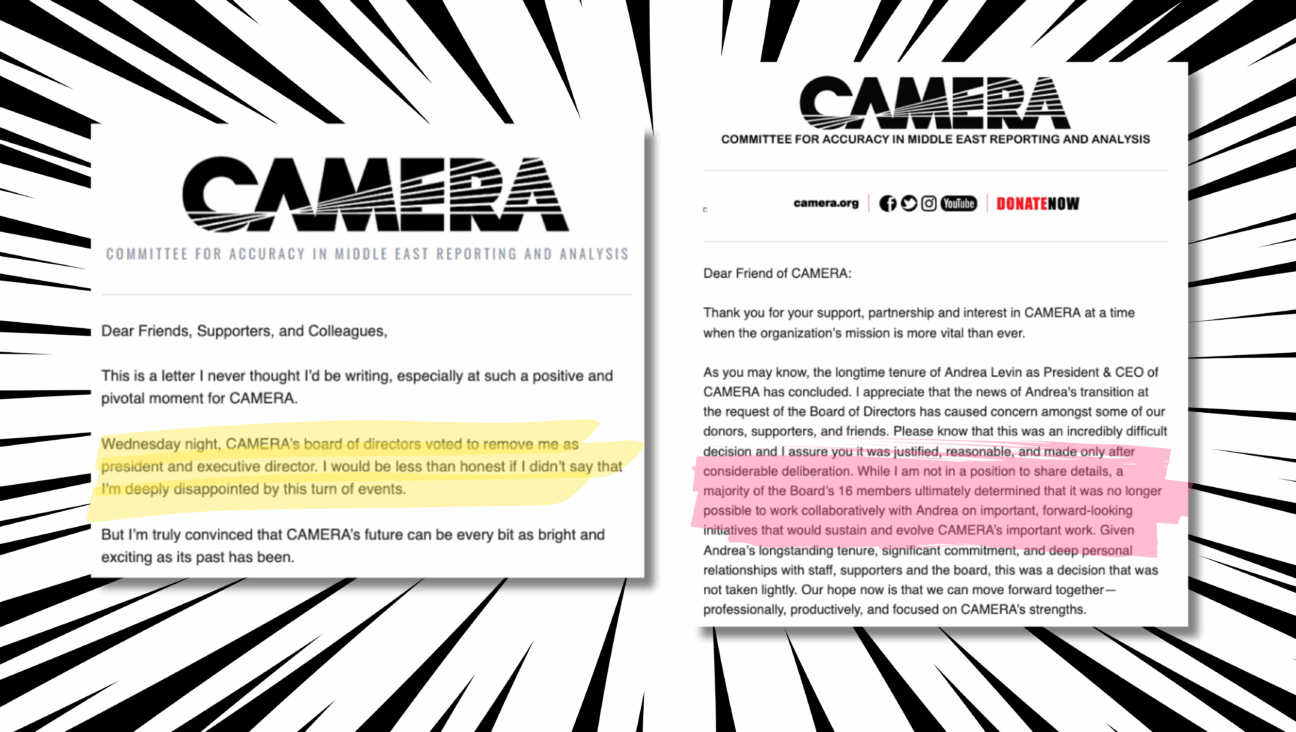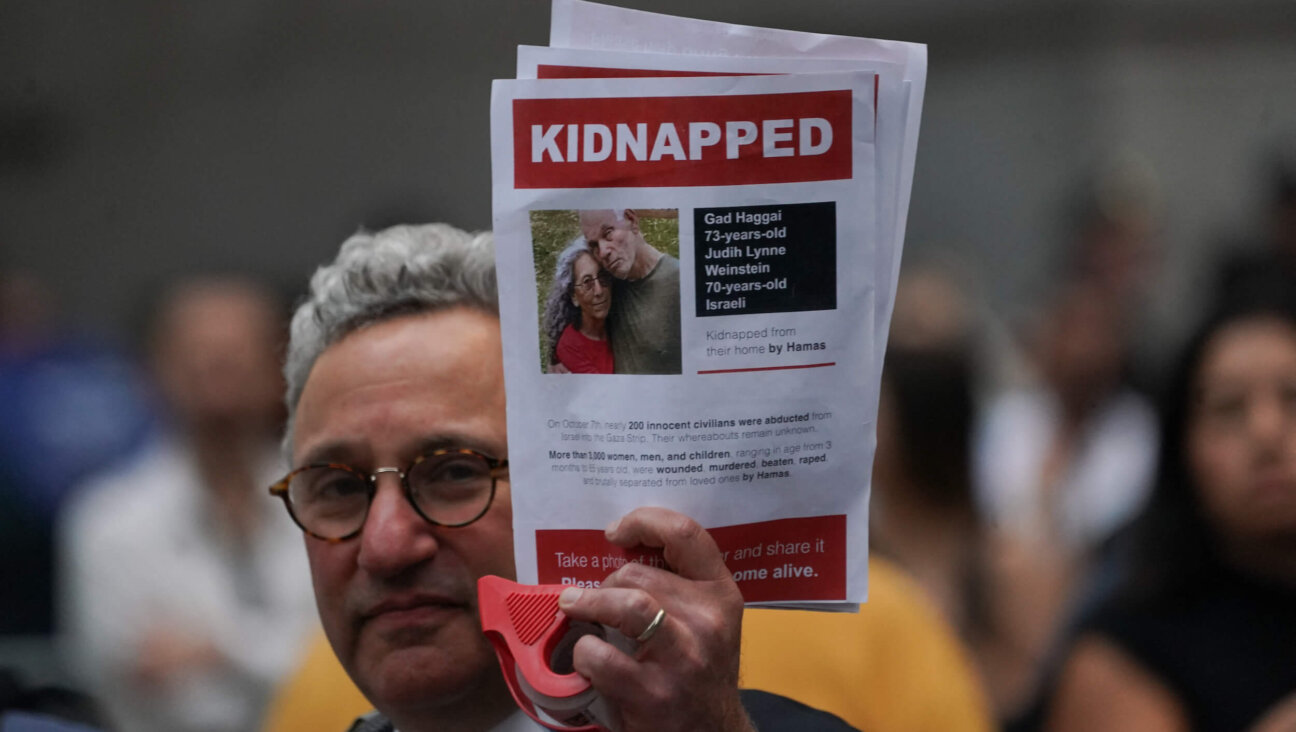Protecting a woman’s freedom of choice this Passover —even in PPE

Image by iStock

Image by iStock
What makes this Pesach different from all other Pesachs? Quite a bit. What makes this fight for abortion access different from all other fights? You would be surprised.
On Erev Pesach, I received a mass email asking if anyone would be available to pick up a patient after her abortion procedure the next day. She would be finished around noon and needed to be driven home. I was surprised to see the email. Since D.C. declared a state of emergency due to the coronavirus, my abortion practical support network was only asking folks to volunteer for the most urgent cases. This was the first I had seen in weeks. I looked at my family’s Haggadah, which my aunt and I had lovingly curated to explore the plight of our ancestors, their journey escaping narrow places and constrained choices to move towards freedom, and responded that I was free.
That is how I found myself outside of an abortion clinic on the first day of Passover.
Normally, this would be a fairly uneventful occurrence. I’ve driven patients to and from clinics and lodgings and airports and train stations. I’ve walked with patients to pharmacies and childcare providers and hotels. For me, this is both a mitzvah and “all in a day’s work.” People travel from all over the country to come to DC to get abortion care they can’t access elsewhere; the DC metro area has two of the five clinics in the country that will perform abortions throughout pregnancy. With one of the most well-supported abortion funds in the nation, D.C. and the surrounding cities have become an abortion hub.
So what made this drive different from all other drives? First and foremost, plagues. COVID-19 has ravaged our country, strained our already-weak healthcare system to its limits, taken the lives of thousands, and disrupted our lives in every way imaginable. COVID-19 is not technically a plague (it’s not a bacterial infection, it’s a virus) but the way it has gripped us doesn’t change the biblical fear it’s put in us.
But COVID-19 is not the only plague we face. As I pulled up to the clinic, a place where I also escort on Saturday mornings, my Shabbos, I was shocked to see a woman holding a sign that said, “Protect women.” She was holding a rosary and stood next to an assortment of lawn signs spewing anti-choice propaganda. Not a mask or glove in sight.
The irony of a person openly defying a stay-at-home order in a global pandemic to harass women outside of a clinic in order to “protect” them is too much to write. But I was on duty. I waited in the lobby for my patient.
When she came out of her procedure, she had her mask on and hand-sanitizer ready and got into the back seat of my car — all measures we took to stay safely socially distanced to the extent possible. We drove into Virginia for about 30 minutes, making small-talk and listening to the radio. On the inside, I was fuming.
Sitting in my car after I dropped my patient off, I couldn’t bring myself to type in my home address into my phone. I would not stay silent. I found myself retracing my route, hands white-knuckled on the steering wheel.
To my horror, when I pulled up to the clinic again, I saw three new protestors, all sans masks or gloves, all with outrageous signs and Christian paraphernalia. Something snapped. I rolled down my window and shouted at the top of my lungs. I was furious. How dare they claim to care about women while they stood there and put them in danger? The audacity of breaking CDC guidelines and state laws to harass women accessing care was astonishing.
So, I yelled. In all my years on the frontlines of the abortion access movement, I have never engaged with anti-choicers. I certainly haven’t yelled at them—they are never worth the energy. But what made that day different? The brazen desire to endanger women for misleading and misguided harassment during a plague. I thought of the choices my people have made to move from oppression to freedom and my choice to help my patient access her freedom. But this is not what freedom looks like.
While my patient today was able to obtain the care she wanted, lo dayenu. It is not enough that she obtained this care. I can’t help but think of the other pregnant people who can’t because lawmakers are deeming abortion as unessential. Lo dayenu because this patient, and hundreds more across the country, have to witness evangelical Christians harass them with bloody, incorrect, and condescending propaganda. Lo dayenu because Virginia, like many states, has a medically unnecessary mandatory waiting period because politicians do not trust women to know what they want. Lo dayenu because patients cannot easily afford the cost of abortion care and must rely on funding. Lo dayenu because abortion is freedom, but it is nearly impossible to feel that way.
Pregnant people right now are in exodus. They have found themselves trapped during a pandemic and know that an abortion is their only answer. They know that exercising their right to an abortion is freedom. Yet they face a never-ending saga of plagues in this narrow world; they do not all have access to freedom.
These are their plagues:
The plague of coronavirus that even further reduced their access to freedom of choice.
The plague of a healthcare system that discriminates.
The plague of anti-choice lawmakers hijacking a pandemic to push their agendas.
The plague of clinic protestors who harass those seeking care.
The plague of an administration hoarding Personal Protective Equipment.
The plague of People who do not understand that abortion is essential and time sensitive.
But I will keep fighting for abortion access. Next year in freedom. Chag pesach sameach.
Steph Black is a Jewish-feminist activist and writer in D.C. fighting on the frontlines for abortion access. You can read her work on her website and subscribe to her newsletter, The Repro Queen of D.C. here.











